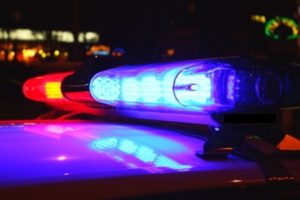 The New Jersey Supreme Court continued: Detective Mera explained that the police identified Vincenty from the video recording of the attack and sought his assistance to identify the second assailant on the video recording. Detective Mera told Vincenty that “the judge already charged him,” explained that they obtained Vincenty’s DNA from the mask, and informed him that they “have the charges.”
The New Jersey Supreme Court continued: Detective Mera explained that the police identified Vincenty from the video recording of the attack and sought his assistance to identify the second assailant on the video recording. Detective Mera told Vincenty that “the judge already charged him,” explained that they obtained Vincenty’s DNA from the mask, and informed him that they “have the charges.”
Vincenty indicated that he was confused and denied any involvement in the attack. Detective Mera said, “We have you with the DNA and we have you . . . with gun charges, right?” Vincenty responded, “Ah huh.” Vincenty nonetheless continued to deny any involvement in the robbery. Detective Mera then told Vincenty that they “presented the evidence to the judge,” who “put the charges in.” Vincenty still indicated that he was “surprised that the detectives had evidence against him.”
The detectives showed Vincenty a picture of the assailants. Vincenty told the detectives one of the assailants “looks like him” and that he has a coat similar to one worn by one of the assailants. Detective Mera explained that they had shown a judge all of the evidence because in order for them to speak with Vincenty, “they needed the charges.” The detectives attempted to elicit information about the other assailant. Vincenty said, “I don’t know him very well like that,” and “I met him thru [sic] another friend of mine.”
The prosecution’s burden to prove a knowing, voluntary and intelligent waiver of Miranda rights is beyond a reasonable doubt. Subsequent case law has watered down this standard in the Miranda hearing context wherein the decision is made by a trial judge instead of a jury. Most people, judges included, are loathe to suppress evidence of a confession. Most people, judges included, also do not appreciate how common it is for people to falsely confess to crimes as a means to an end.
